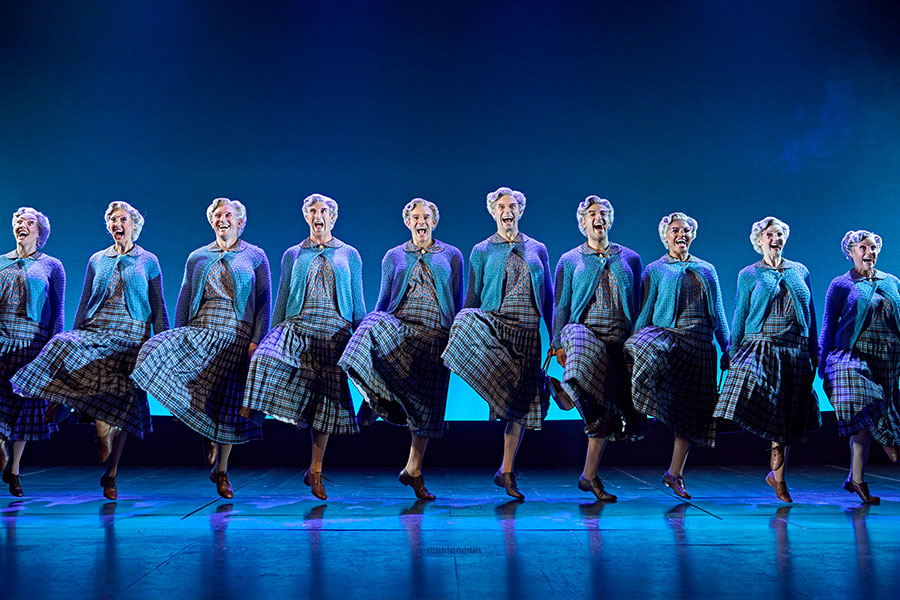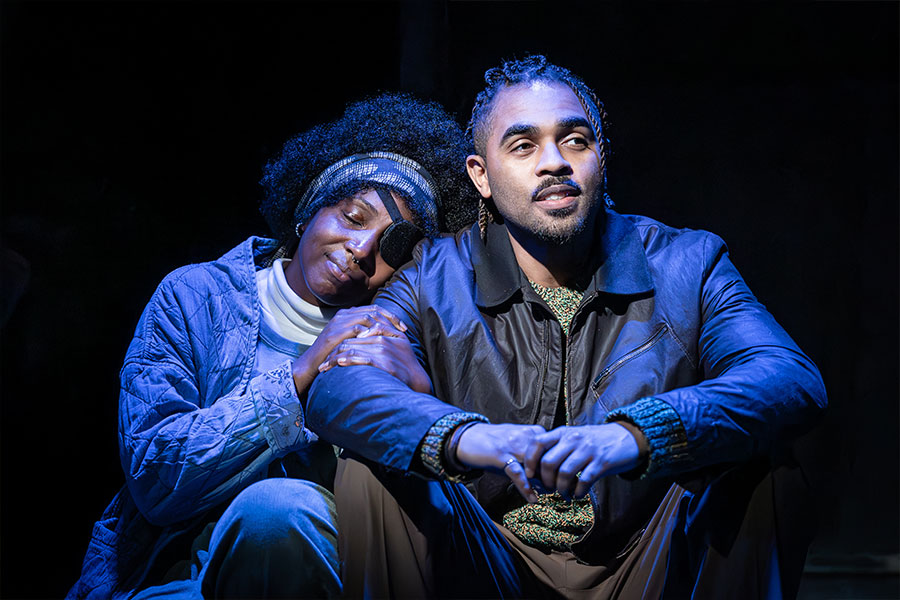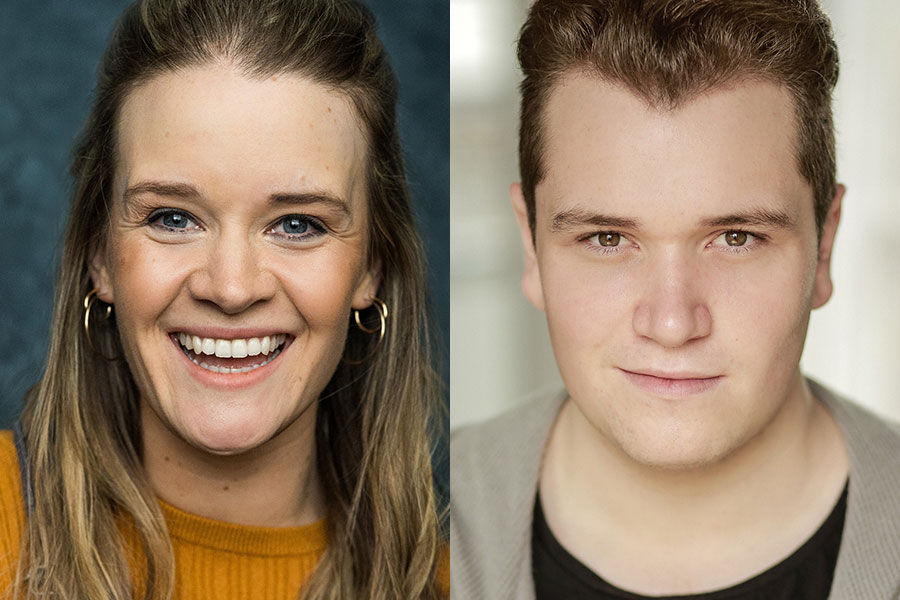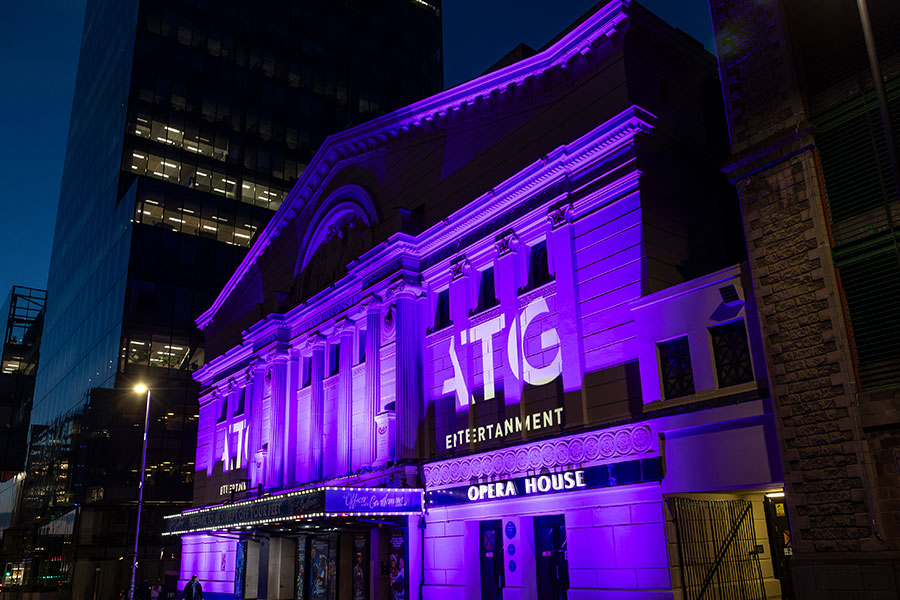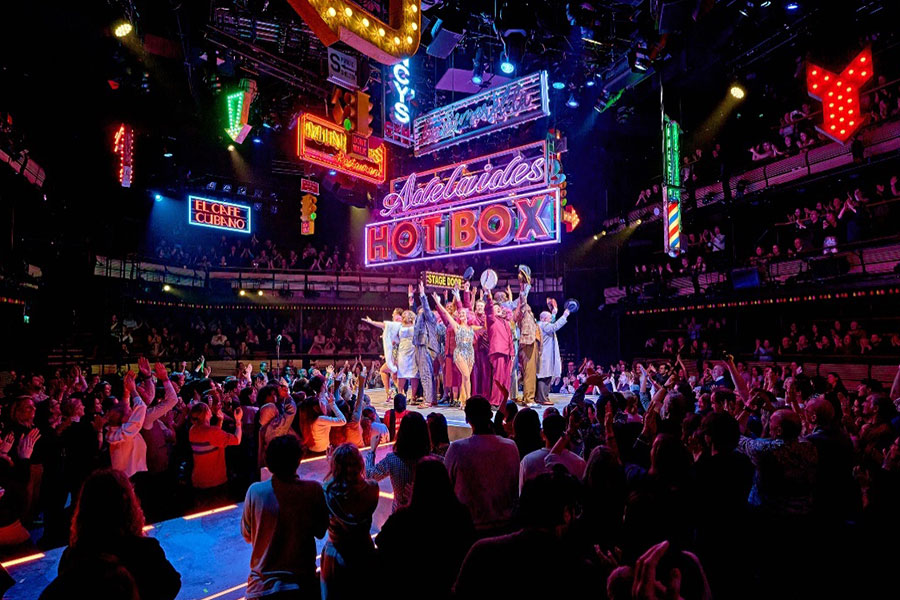Bob Carlton on the Queen’s Theatre, Hornchurch
The Taming of the Shrew, which opens this week, is seen as one of Shakespeare’s more problematic comedies. What’s your own approach?
Granted that The Taming of the Shrew can indeed be viewed nowadays as problematic, but that’s because of what can be regarded as its innate sexism. We treat the text as if this is Shakespeare’s view of women and marriage. Of course we will never know.
We can be certain, however, that the period in which he wrote the play was very different in its attitude to women from ours.
I hope that by setting the play in the Wild West, when men were men and cattle were nervous, our audience will see it in a particular social context and not as a blunt statement about today’s attitudes.
The Taming of the Shrew is simply a love story, an unusual love story, but a love story nevertheless.
The emblematic tradition inherited by Shakespeare and his contemporaries is now all but lost to us, but in the Western film genre, there are a whole set of emblems readily understood by a modern audience and I hope that these will play a huge part in helping us tell this story.
The Queen’s Theatre in Hornchurch is a theatre based firmly in the heart of its community. We present a variety of hugely popular theatre for an audience which wants “a good night out” and value for money.
Shakespeare is a populist writer and as such fits perfectly into our policy. I have great problems with many people in our industry who think populist and quality are mutually exclusive!
The Queen’s has one of the country’s few remaining repertory companies, yet you’re on the outskirts of London. What’s the secret?
There is no secret! In financial terms, an ensemble repertory company is a very
cost-effective way of creating theatre. I think more theatres should be running ensembles.
I’m a director, not a teacher, but I do know that after several seasons with cut to the chase…, actors leave as better actors than when they joined us. They learn from each other.
They watch more experienced actors cope with several different parts. They can’t just use their old bag of tricks or shadow movements, they have to create afresh. It’s exhilarating to watch them develop.
As far as the audience is concerned, the group of actors performing for them at the Queen’s are affectionately regarded as “their actors”. They have a sense of ownership. There is nothing new in what we are doing.
When I started out in theatre in 1969, every major conurbation had its own theatre and every theatre had its own through-cast company.
I believe that is why the UK has produced so many great actors. The demise of the repertory system is something we should all mourn. We sometimes seem to be ploughing a lonely furrow at The Queen’s, but it works wonderfully well with average capacity at 75 per cent and even more for some seasons.
Music plays a strong part in your productions. How did this come about?
Twenty first century life is played out to a soundtrack – my daughter rarely has her iPod out of her ears! For example, very few films are created nowadays without a soundtrack. The Queen’s is a populist theatre company and music is a popular form. While we don’t present a great many musicals (our production budgets don’t allow it), nearly all of our plays do contain music.
Though I am very against actors playing generalised emotion on stage, music is an effective way to communicate an emotion or set up an atmosphere on stage. I don’t think actor-musicians in this country are recognised for what they do. Many directors see them as being neither fish nor fowl.
But, as theatre practitioners constantly trying to bring in people who are new to theatre,
I know that to an audience that doesn’t regularly attend the theatre, there is a huge respect for actor-musicians. I mean, to them, if you could remember the words and had the bottle to stand on stage, anyone could play Hamlet – but play three chords on the guitar on top of that and you’re an artiste!
What differentiates the Queen’s audience from those at other theatres within Greater London?
We don’t have a metropolitan coterie audience, we have a very loyal, fun-loving local community who want a good night out that they can afford. While, we are not necessarily competing with other theatres, we are competing with the telly, the cinema and, on Wednesdays during the winter, The Champions League – so they keep us on our toes!
A fellow director once said rather disdainfully that the audience at the Queen’s was like an audience at Butlin’s. I’m not sure about that, but what I do know is that our audiences are enthusiastic, receptive and shrewd – and they know what they want! We work hard to give them that and they keep coming back for more – and I’m very proud of that!
How do you see the future for the theatre?
We were delighted to learn that we are one of the Arts Council’s National Portfolio Organisations and have retained our grant until 2015. However, we will be suffering an 11 per cent cut in real terms.
As a registered charity that has to raise 72 per cent of its income through the box office and additional fundraising – which is much higher than the national average – we are grateful for ongoing support from our loyal audiences, our partners in local businesses and the London Borough of Havering, all of whom have supported us through thick and thin for nearly 60 years.
We will survive! The Queen’s Theatre is determined to work hard to continue providing great entertainment, great education and great value for money that can transform the life of our community.




